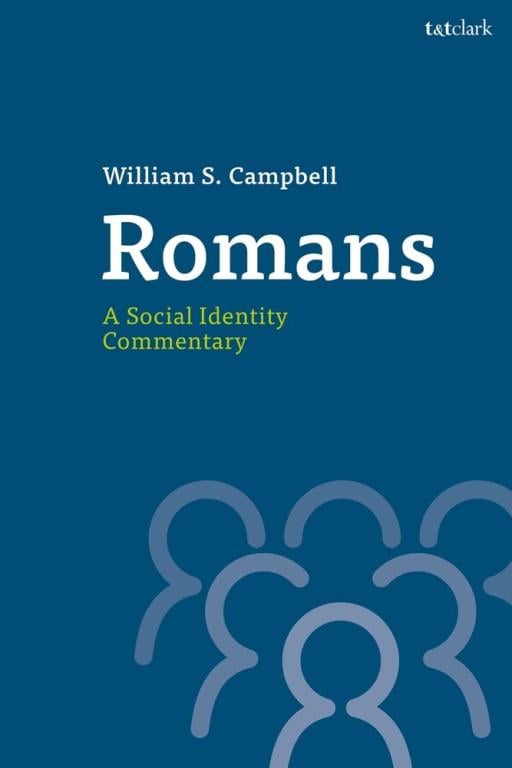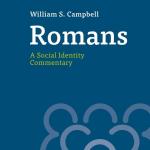In regard to diatribe, I believe Stan Stowers is right in his important study of diatribe in Romans. The interlocutor, the imaginary dialogue partner with the author of the document, does not need to be representing a single person or a single group throughout. The reason Campbell argues this is because he believes, wrongly, that Paul is only addressing Christian Gentiles in Romans. I would Paul he is mainly aiming his discourse on them, but also makes points that Jewish Christians need to hear. Also, it does not make sense to me that in Rom. 9-11 at a crucial juncture he says ‘I am talking to you Gentiles in the audience’ if in fact that was always and only who he was talking to. No, he needs the Gentiles in the audience to especially here Rom. 9-11.
Bill Campbell is right that not infrequently Paul uses the rhetorical device of diatribe and also the device of rhetorical questions to further his arguments. This however does not amount to alternating between diatribal sections and epistolary sections of the document. The non-diatribal material does not reflect epistolary anything, other than at the outset and conclusion (prescript and final greetings) of the document. Rather, as Campbell admits we have a progressive series of argument and they follow rhetorical not epistolary rules and categories. The failure to see this document as overwhelmingly an oral and rhetorical discourse meant to be read out loud at Rome to a group or groups, and not primarily a text to be studied is crucial.
As for the rhetorical questions which include the word ‘not’ they do indeed expect a negative answer, though not requiring a formal response. This is because they are conveying a Pauline concept in question form. Particularly off target and not dealing with the grammar of the sentence of Rom. 9.6 is Campbell’s attempt to read that rhetorical question to mean ‘Are not all Israel Israel?’ This reading is really not possible in light of the previous question—it’s not as though God’s Word has failed, has it? The only reason to ask that question is answered in the context of Rom. 9 by Paul’s anxiety that so many Jews have rejected Christ, and this leaves them outside of or broken off from the people God, at least temporarily. No the literal reading of the second rhetorical question has to involve noting how the first word is ‘ou’ i.e. NOT which requires a negative answer, ‘Not all those from Israel, are Israel [are they]? Answer NO, and Paul proceeds to give the example of Jacob and Esau with the former being the very founding father of Israel in the sense of giving the group his name, and the latter being excluded and leading to a separate people—the Edomites.
In Rhetorica ad Herrenium commenting on ‘interragatio’ it says the function of a rhetorical question is to reinforce the argument just delivered’. Exactly so in Rom. 9.6. And the argument just delivered involves God’s choosing. As Quintilian makes clear (Inst. Orat. 9.2.6), rhetorical questions function not to get information ‘but to emphasize the point the speaker is making’. In other words it is figure of thought, and is conceptional in nature.













